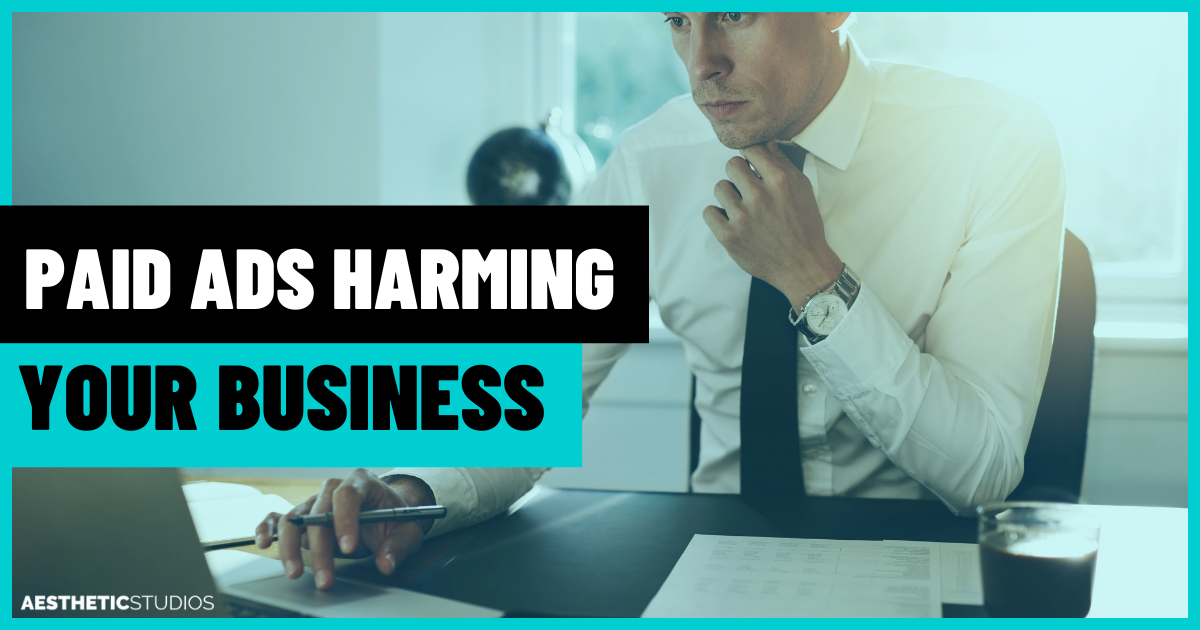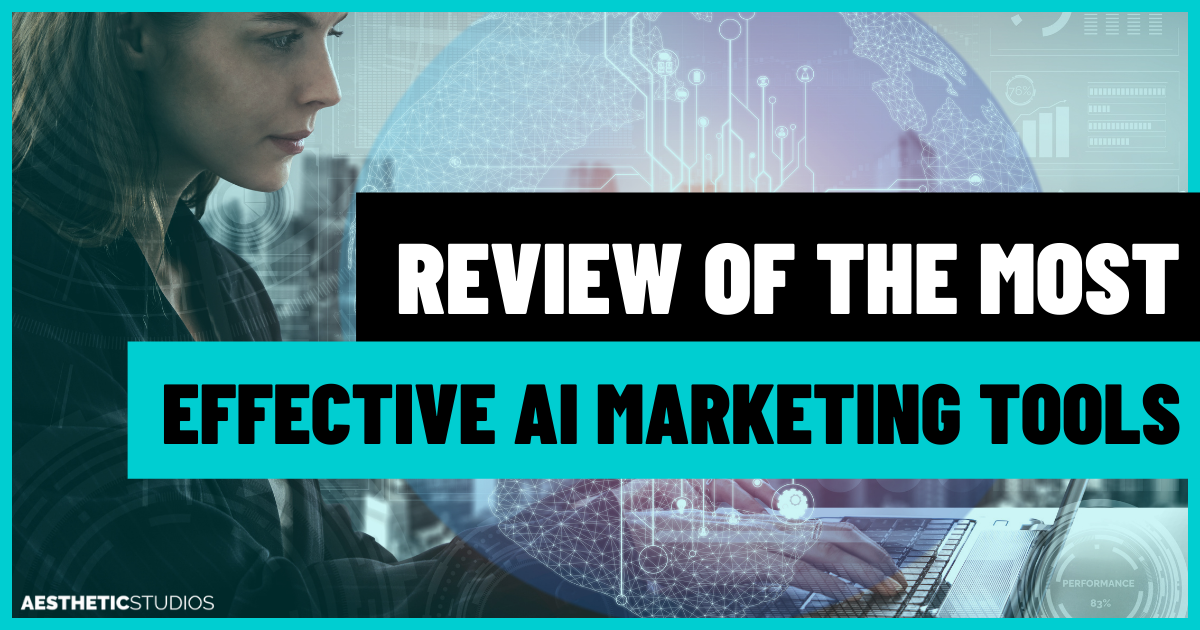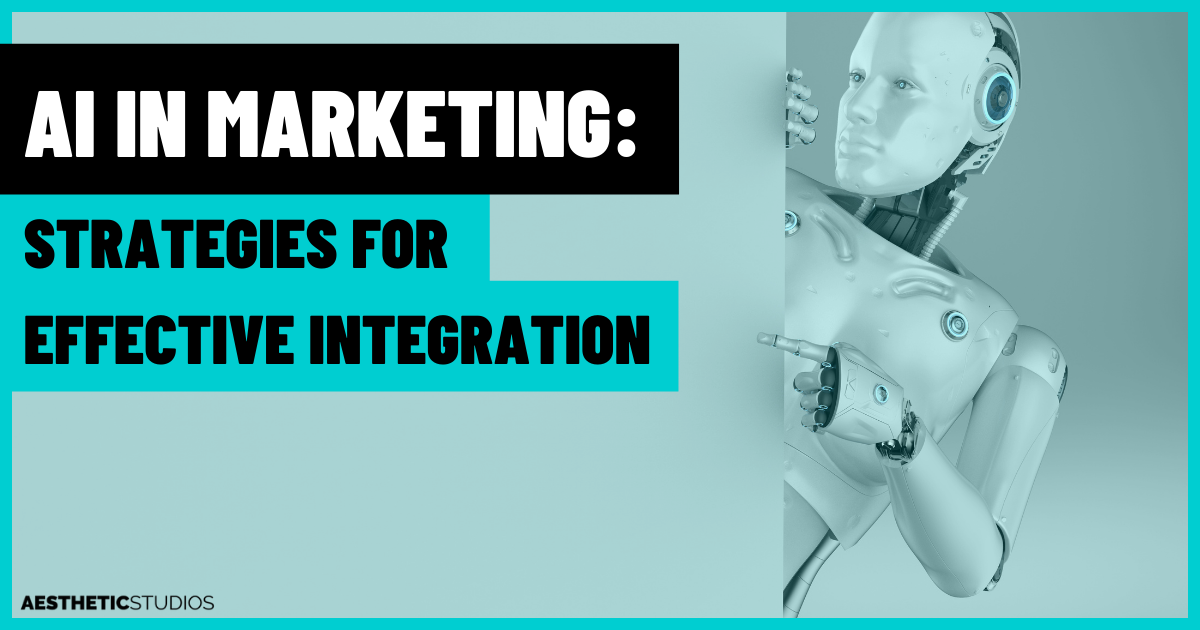Imagine the relentless grind of constantly trying to generate leads and purchases online. Day in and day out, you’re putting in the effort, crafting content, and reaching out, but it feels like you’re running on a treadmill. No matter how hard you push, you’re not moving forward. Without an automated system in place, the process becomes exhausting, time-consuming, and often feels like an uphill battle. Many business owners and marketing managers, just like you, are feeling the weight of this challenge. But what if there was a way to break free from this cycle? What if delaying your venture into paid ads is causing more harm to your business than you thought?
In this article, you’ll discover why solely relying on organic strategies might be holding you back and how paid advertising could be the game-changer you’ve been waiting for.
But you want to make sure that you don’t waste money on paid ads. You want to guarantee your investment before you spend it.
After all, you’re probably okay with spending $2000 or $5000 on ads IF you knew for sure that it would generate you 4x that amount.
The questions is, how can you be sure?
With our experience generating over $2,000,000 in revenue on paid advertising over the last two years (as of 2023 September), we’ll guide you through the myths, the truths, and the actionable steps to ensure you get the most out of your investment.
How Delaying Paid Ads is Doing More Harm Than Good for Your Business
By not integrating paid advertising into your marketing mix, you’re essentially leaving money on the table.
Every day without a paid strategy is a missed opportunity for increased visibility, leads, and conversions. While organic strategies lay the foundation, paid ads can accelerate growth, giving you a competitive edge in a saturated market.
They offer precision targeting, instant results, and scalability—benefits that organic methods alone can’t provide. By delaying or avoiding paid ads, you risk stagnating growth, missing out on potential customers, and letting competitors outpace you.
But Won’t I See Better Results from Organic Marketing Instead?
While organic marketing strategies, such as content marketing, search engine optimization, and social media engagement, have their undeniable merits, they also have some limitations.
- Time-Consuming: Organic growth is often a slow burn. It can take months, if not years, to see significant results. Every piece of content you produce, every social media post you craft, requires time and effort without the guarantee of immediate returns.
- Saturation & Competition: The digital landscape is crowded. Every day, thousands of new pieces of content are published, making it increasingly challenging to stand out and reach your target audience.
- Algorithm Changes: Platforms like Google and social media sites frequently update their algorithms. A strategy that works today might not be as effective tomorrow, making it a constant game of catch-up.
- Limited Reach: No matter how stellar your content is, there’s a cap on how many people you can reach organically. Without promotional boosts, you’re often preaching to the choir, missing out on potential new audiences.
- Lack of Control: With organic strategies, you’re at the mercy of platform rules and algorithms. You don’t have the same level of control over targeting, reach, and results as you do with paid advertising. Imagine if you could send a potential customer to the exact aisle in your store – or the exact product or service – that they’re interested in, when they’re interested in it. This is the power of paid advertising which organic simply does not have.
What Can Paid Advertising Actually Do For You?
Everyone talks about paid ads and many may have tried to convince you to start. But no one talks about why you should spend money on advertising. Other than the old ‘You gotta spend money to make money’ explanation, what can paid ads actually do for you?
The Immediate Impact
One of the standout benefits of paid advertising is the immediacy of results.
Unlike organic strategies, which can take months to show significant returns, paid ads can boost your traffic, leads, and/or sales almost instantly.
Imagine launching a campaign today and witnessing a surge in your revenue today or tomorrow, rather than waiting for half a year. This immediacy can be a lifeline for businesses, especially those that need a quick influx of cash flow.
Taking Your Customer Directly to the Aisle
Let’s say you own a store, and a customer walks in, expressing interest in a specific product or service. Instead of letting them wander around, hoping they find what they’re looking for, you take them directly to the specific aisle where that product/service is located.
That’s the power of targeting in paid ads. It ensures that your advertisement reaches individuals who have shown a genuine interest in what you offer, making the conversion process smoother and more efficient.
Building a Marketing Machine
When you’ve got a well-optimised paid advertising campaign, it’s like having a marketing machine that multiplies your investment.
For instance, we recently worked with an e-commerce brand that achieved a 4x Return On Ad Spend (ROAS). This means for every dollar they invested in advertising, they got four dollars back in sales.
And while 4x is impressive, we’ve seen instances with up to a whopping 12x ROAS. It’s about creating a system where you input $1 and consistently get $2 or more in return.
The Art of the Gentle Nudge
Retargeting is akin to a gentle nudge or reminder to your potential customers. Imagine someone visits a product page on your website but doesn’t make a purchase. With retargeting capabilities, you can show them ads related to that specific product they showed interest in, reminding them of their initial desire.
On top of this, you can target someone based on how much of your video ad they watched, whether they engaged with your social media pages, or even if they visited a particular page on your site. It’s a powerful way to keep your brand at the top of their mind and gently guide them back to complete the purchase.
Without paid advertising, you can’t achieve these things. That’s why if you haven’t invested in paid ads yet, you’re doing more harm than good simply because of the opportunity that you’re missing out on.
How Can You Guarantee Your Investment on Paid Ads?
Here’s the bottom line: we can guarantee that if you use the correct strategy, ad creatives (images and videos), copywriting and offer, you’ll earn back your investment on paid ads and more.
Here’s the bottom line: we can guarantee that if you use the correct strategy, ad creatives (images and videos), copywriting and offer, you’ll earn back your investment on paid ads and more.
Navigating the world of paid advertising can feel like a gamble to many. After all, you’re investing hard-earned money with the hope of seeing a return.
But what if there was a way to tilt the odds in your favour? With the right approach, you can basically guarantee you’ll see results.
You Don’t Need to Break the Bank to See Results With Paid Ads
Firstly, it’s essential to understand that you don’t need to break the bank to test the waters of paid advertising. Contrary to popular belief, you don’t need to spend thousands upfront.
If you’re investing as little as $200 on ads and seeing no results, there’s likely a misstep in your strategy.
The beauty of digital advertising is its scalability. You can start small, gauge the response, and adjust accordingly. This flexibility ensures that you’re not pouring money into a bottomless pit but making informed decisions based on real-time data.
That’s why you don’t have to be worried about wasting your money. But what if you’re outsourcing it – won’t you be wasting your money then if it doesn’t work?
When You Outsource Your Paid Ads
A trustworthy advertising agency understands the apprehensions businesses might have. That’s why they often offer guarantees to back their services.
For instance, our agency provides a guarantee that underscores our confidence in our strategies and the results they can deliver. Our guarantee is as follows:
If you don’t earn your money back from ads by the end of the third month of working with us, we’ll pay you back whatever you spent on our service AND on your ads.
While we can’t predict the exact outcome, our track record speaks for itself, and our guarantee serves as a testament to our commitment to your success.
If an agency can’t offer you a strong guarantee, then you probably shouldn’t outsource your paid ads to them. Instead, try to find an agency or freelancer that can offer you a strong guarantee. Maybe their guarantee isn’t as strong as ours, but as long as there is some sort of guarantee in place, that’s perfectly fine.
About to Start Paid Ads? Here’s How to Guarantee Your Investment Pays Off
We believe in the power of paid advertising and its potential to transform businesses. That’s why we’re offering a free consultation to businesses keen on exploring paid ads. We don’t care if you’re working with another agency already, if you’re doing it yourself, or if you want to work with us. This isn’t a sales call. It’s a chance to hear about how you can guarantee your investment pays off.
During this session, we’ll share a list of actionable strategies that can help ensure your investment in paid advertising yields positive returns. Whether you’re a novice or have dabbled in paid ads before, this consultation aims to equip you with the knowledge to make the most of your ad spend.
Why are we offering this? Even if you don’t work with us, if our session adds value to your business, our name will spread simply through word of mouth. On top of that, we believe that spreading goodwill breeds goodwill – what you put out is what you attract.
Book your free consultation here.
While the world of paid advertising might seem daunting, with the right approach, you can ensure that your investment is not only safe but also fruitful.
Remember, it’s not about spending more, but spending smart.
Which Paid Ad Platforms Should You Use?
Navigating the world of paid advertising can be daunting, especially with the many platforms available. Each platform offers unique features, targeting options, and audience demographics.
So, how do you determine which one is the best fit for your business?
Let’s delve into some key considerations to guide your decision.
1. Consider the temperature of your audience
When deciding on an advertising platform, it’s essential to consider the ‘temperature’ of your target audience.
Are you aiming to reach cold users who might not be familiar with your brand or product? Or are you targeting warmer users who are already in the consideration phase, actively searching for a product or service like yours?
For cold users, social media platforms like Facebook or Instagram are ideal. They allow you to introduce your brand to potential customers who might not have been actively looking for your product but could be interested once they see it.
On the other hand, if you’re aiming to capture the attention of warmer users, PPC (Pay-Per-Click) ads, especially on platforms like Google Ads, are more effective. These users are already searching for specific products or services, and PPC ads can position your brand right in front of them at that critical decision-making moment.
By understanding the intent and readiness of your audience, you can choose the platform that aligns best with your targeting strategy.
2. Your Offer
The choice of ad platform often hinges on the nature of your offering. For instance, if you’re promoting physiotherapy sessions, PPC Ads might be your best bet. Typically, people seek physiotherapy when a specific need arises. A random social media ad might not pique their interest if they haven’t felt that need yet.
On the other hand, if you’re marketing products such as workout supplements, your target audience is broader. Anyone who engages in exercise could potentially be interested, meaning you don’t have to limit your ads to just those actively searching for supplements.In this case, social media ads are suitable. Depending on your offer, the ad platform/s you use may change.
3. Consider Your Budget & Competition
Some platforms might offer a better ROI for businesses with limited budgets. For instance, while Google Ads can yield immediate results, it might also require a higher budget, especially in competitive industries.
Platforms like Facebook on the other hand offer a more cost-effective alternative for smaller businesses or those just starting with paid advertising.
But in saying this, it really depends on your niche as some are more expensive than others on Google Ads. As such, you’ll need to do Keyword Research to see potential costs on Google Ads, and then depending on your budget, consider what platforms make the most sense for your business.
4. Don’t Put All Your Eggs in One Basket
Diversifying your advertising efforts across multiple platforms can be beneficial. Rather than picking just one platform, why not test multiple to find what works best for your business?
It not only allows you to reach a broader audience but also provides a safety net if one platform’s performance dips.
Ultimately, choosing the right advertising platform is a strategic decision that requires careful consideration and research.
How Much Should You Spend on Paid Ads?
Determining the right budget for your ads can be a bit of a balancing act. While there’s no one-size-fits-all answer, we generally recommend starting with a minimum monthly ad spend of at least $2,000. This amount provides a solid foundation to test, optimize, and gauge the effectiveness of your campaigns.
In saying that, this is a minimum and if you do have more budget we would recommend spending more, not less. The bottom line is that the more you spend, the more you will make.
What If You Can’t Spend That Much?
It’s essential to understand that this is a guideline, not a strict rule. Some businesses may see meaningful results with less spend. While we recommend $2k as a minimum starting point, if budget is an issue for you, try to spend at least $1000 on ads to see meaningful results.
If you spend less than $1000 you can still see results, but it probably won’t be as impactful. For example, you might spend $200 and generate one or two purchases or leads. This would show you that what you’re doing is working, and it would provide you with data that shows you what to do next, but it wouldn’t massively impact the revenue state of your business. In other words, you can spend less to prove that it works, but you won’t see the true benefits until you start spending more budget.
As you begin to see positive returns on your investment, you can consider scaling up your ad spend gradually. This approach allows you to capitalize on what’s working while still maintaining a level of financial caution. Remember, the goal is to achieve the best results without unnecessarily straining your marketing budget.
Debunking Paid Ad Myths
Paid advertising, despite its numerous advantages, is often surrounded by misconceptions and myths. These myths can deter businesses from leveraging the full potential of paid ads.
Check out our article here which delves into some of the biggest paid ad myths.
Common Paid Ad Mistakes to Avoid
Venturing into the realm of paid advertising can be daunting, and it’s not uncommon for businesses to make a few missteps along the way. However, being aware of these common pitfalls can save you time, money, and potential frustration.
Check out our article which details some of the most frequent mistakes businesses make and how you can steer clear of them.
So, what’s next?
You know now why you should get started with paid ads, and how delaying paid ads could be doing more harm to your business than good. If you’re ready to get started with paid ads, get in touch with us here and we’ll answer all of your questions.



